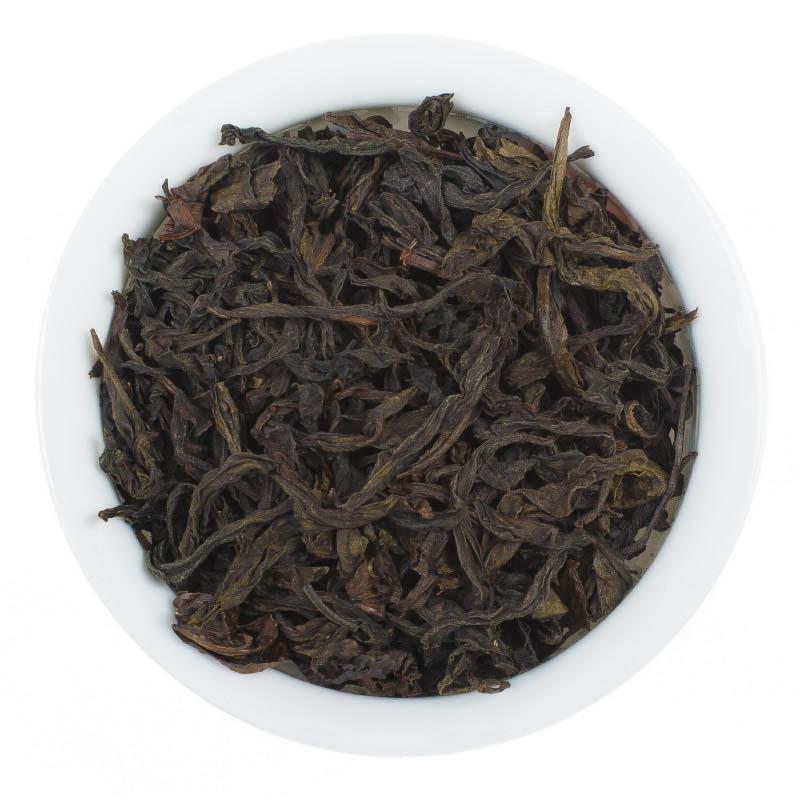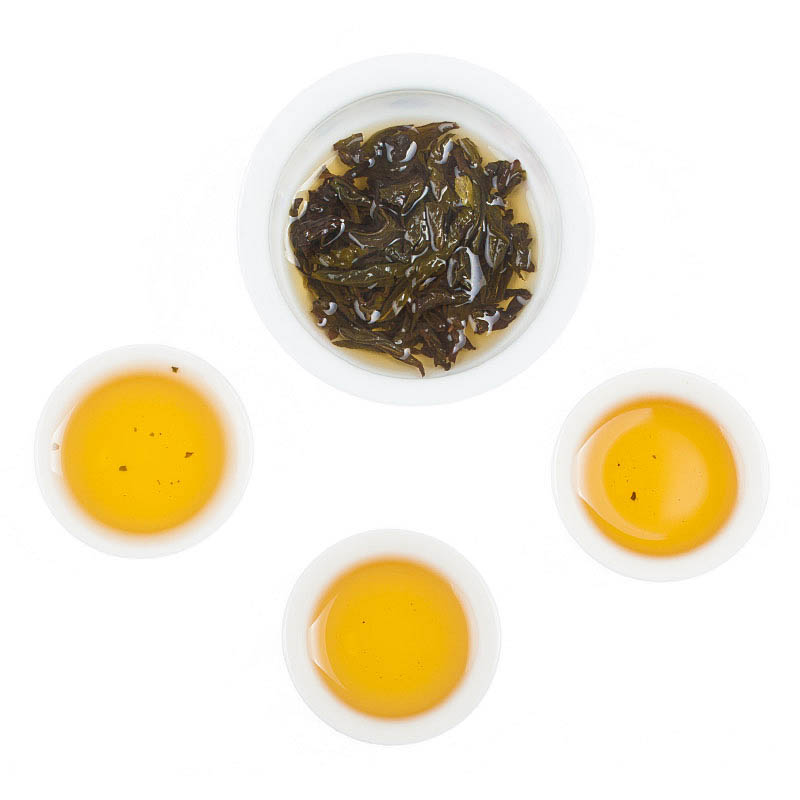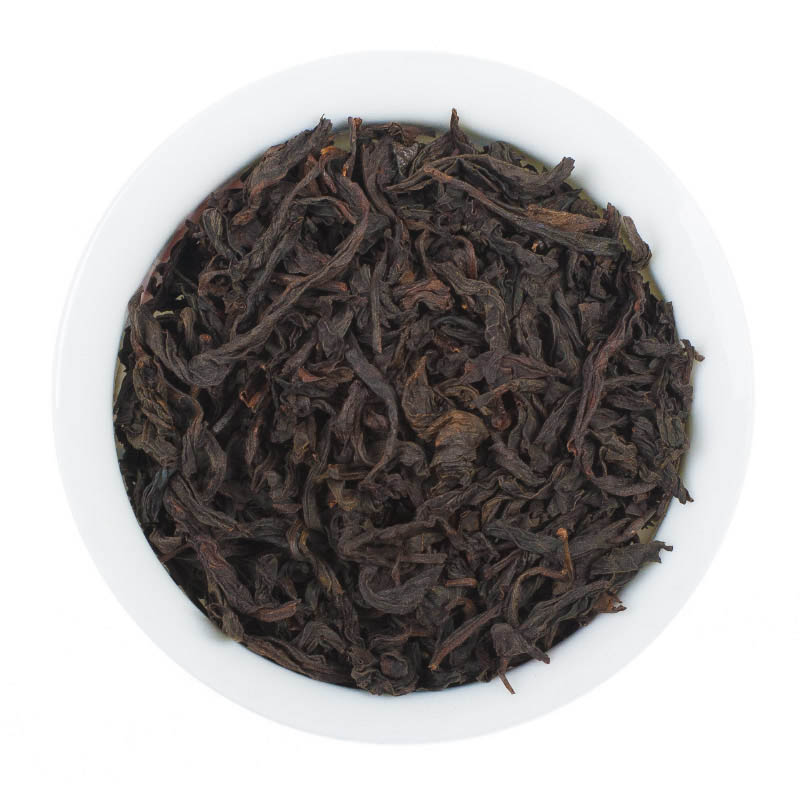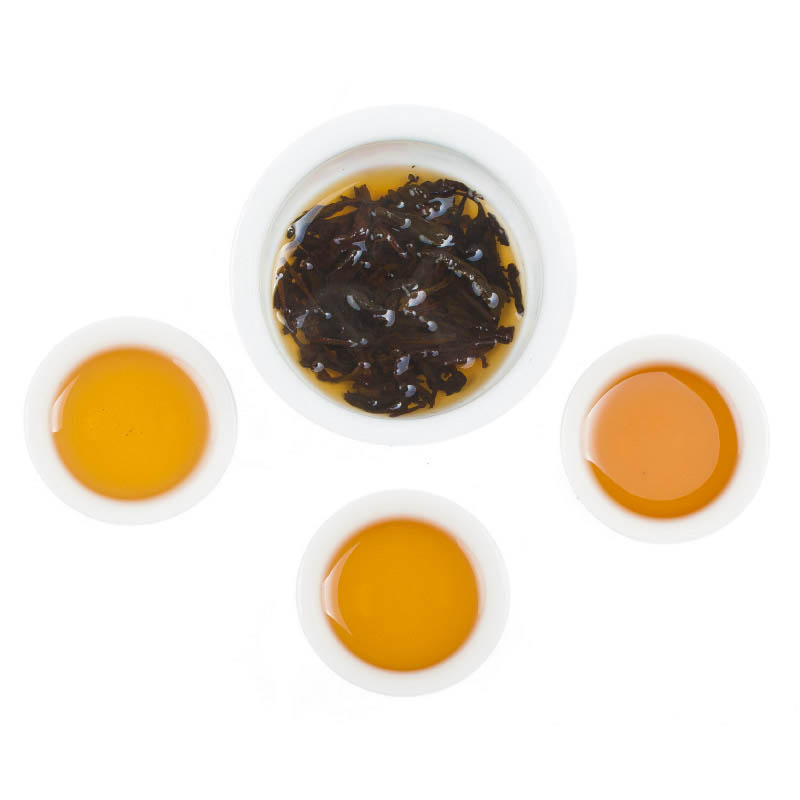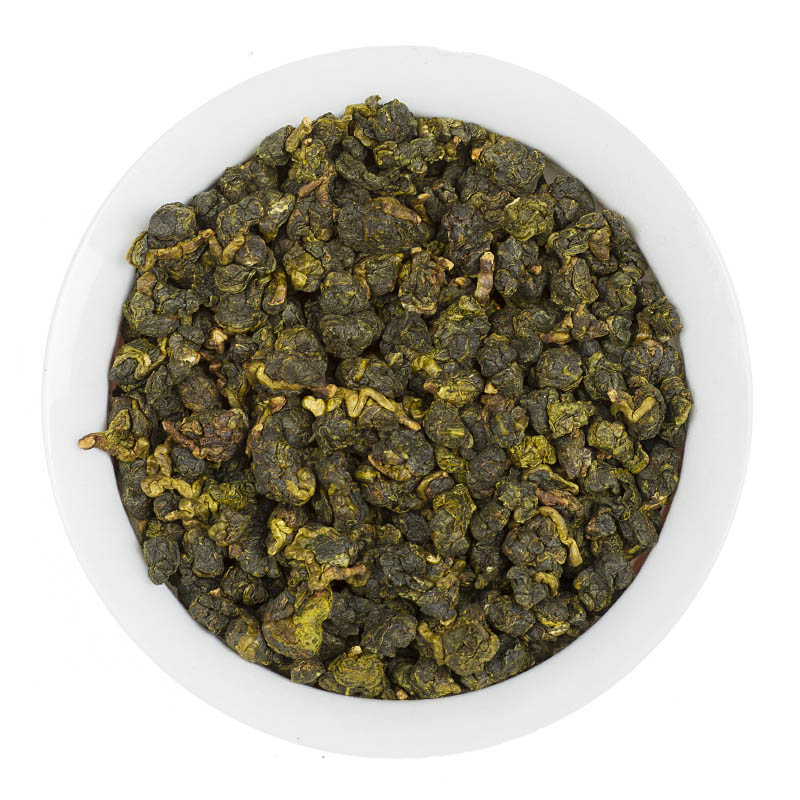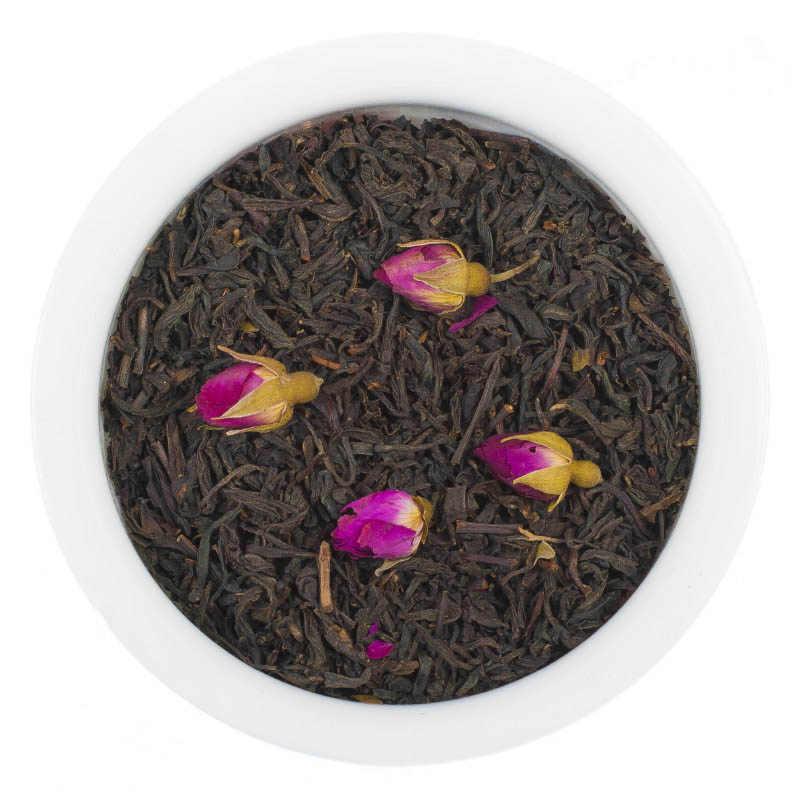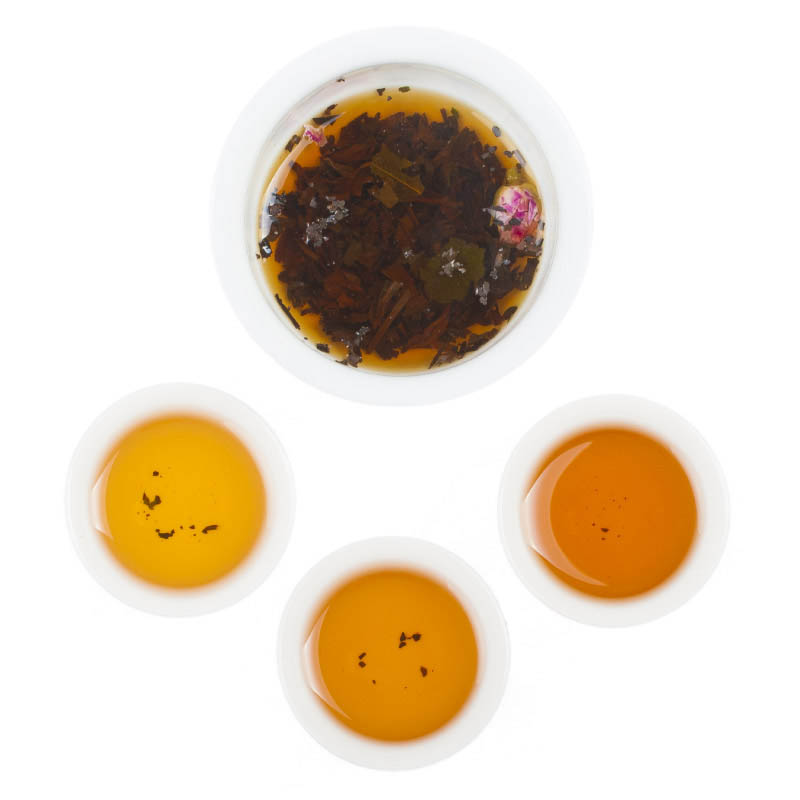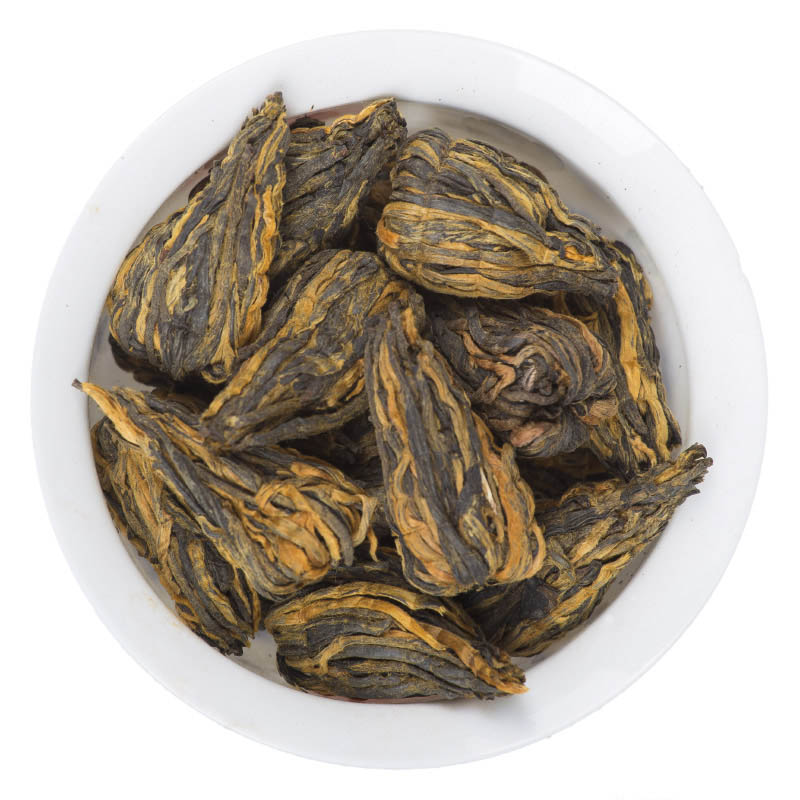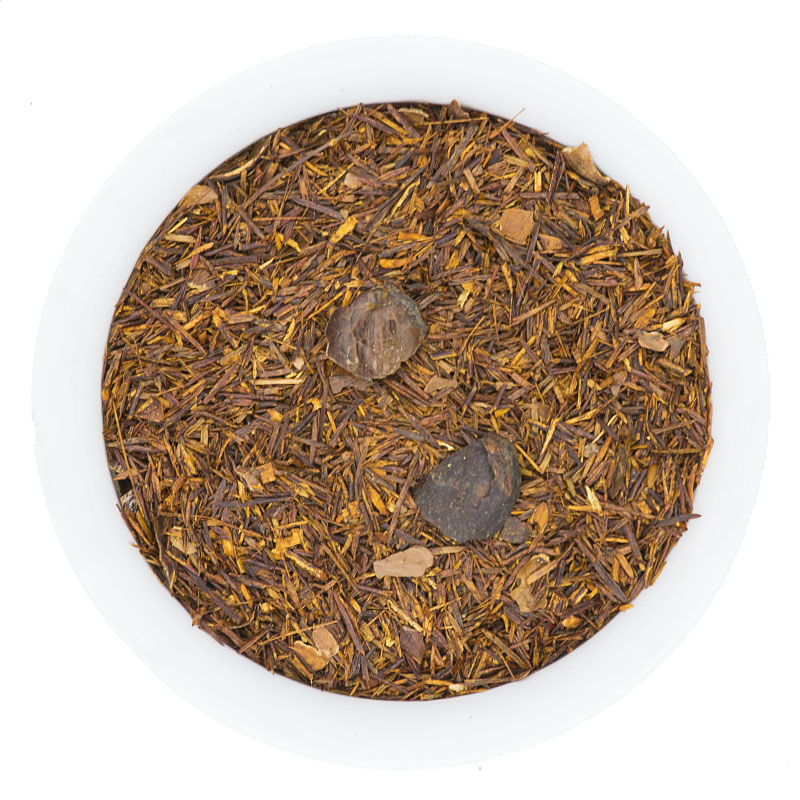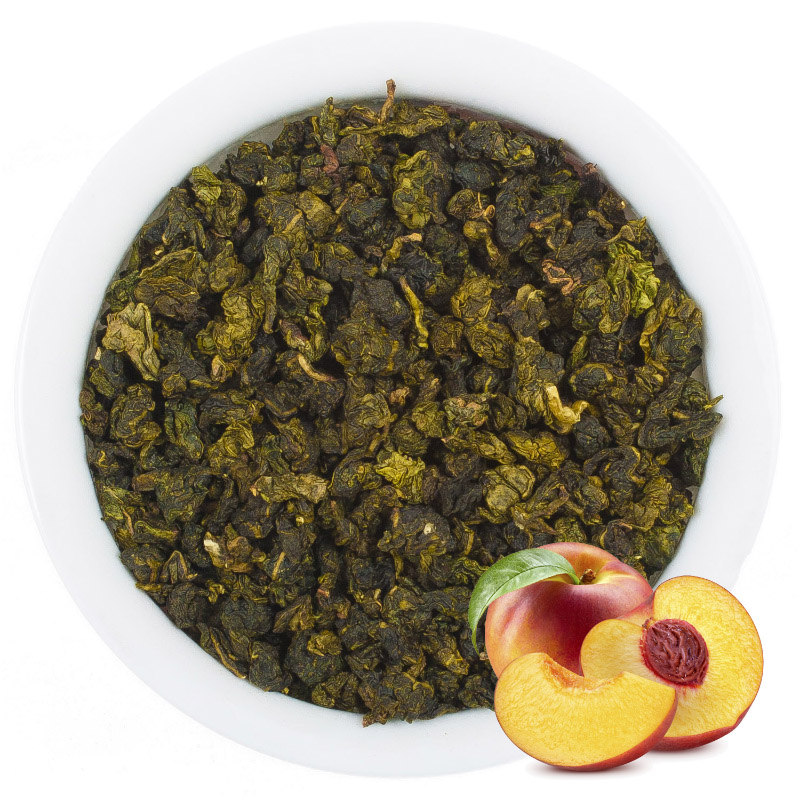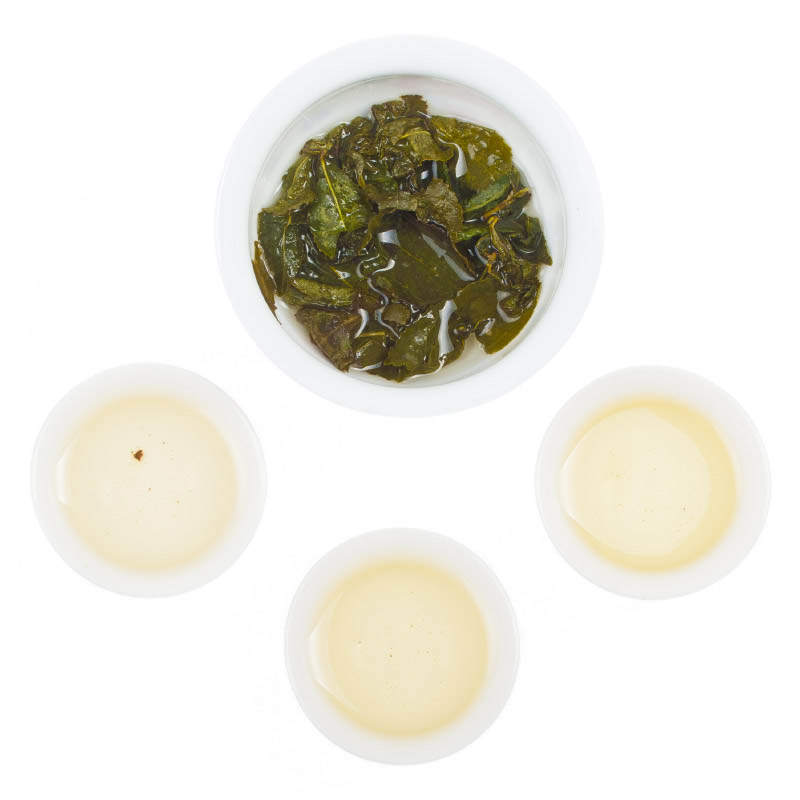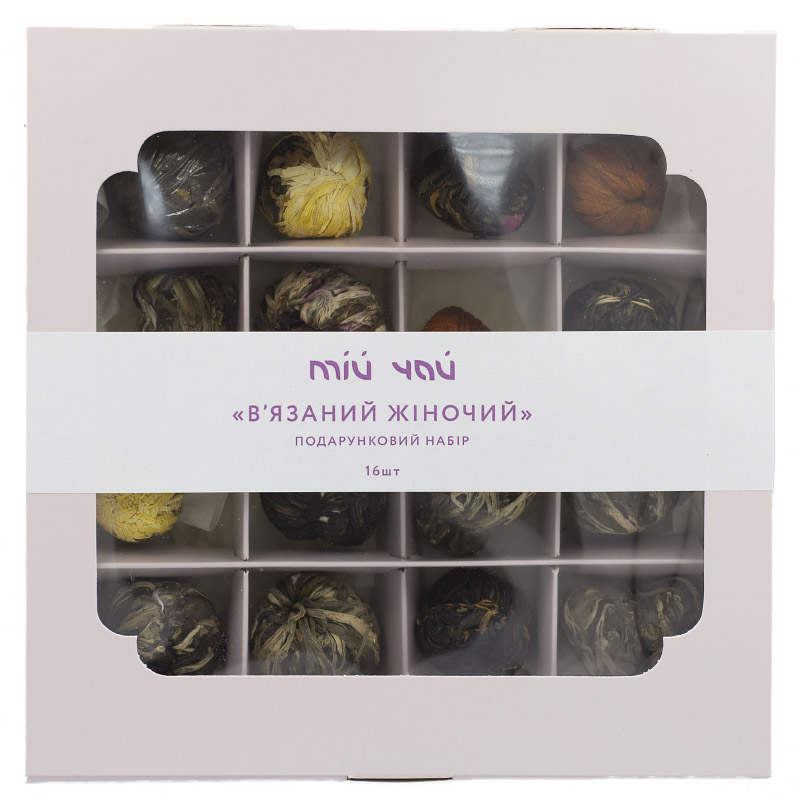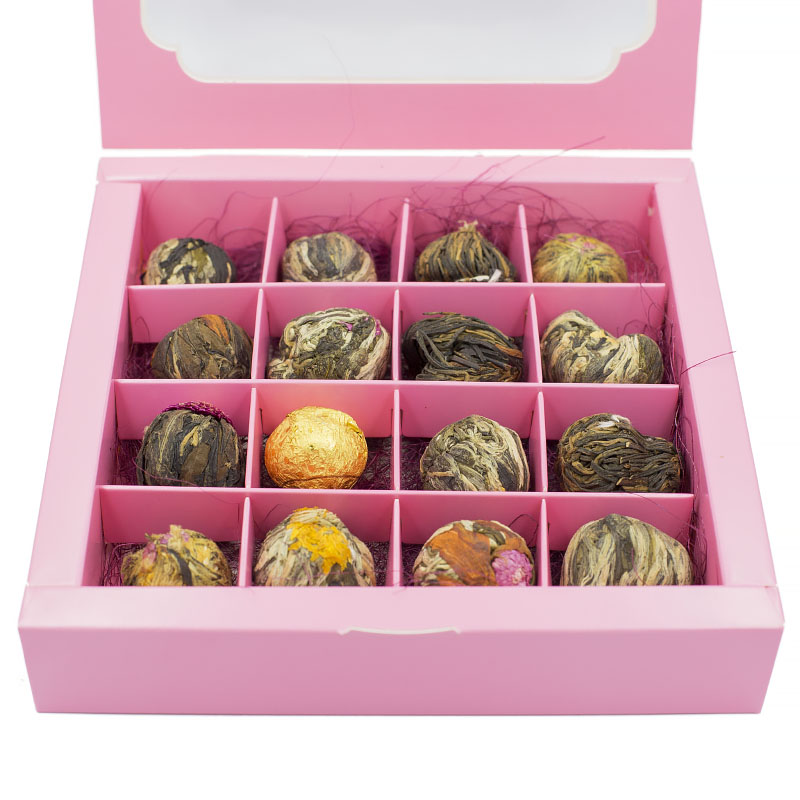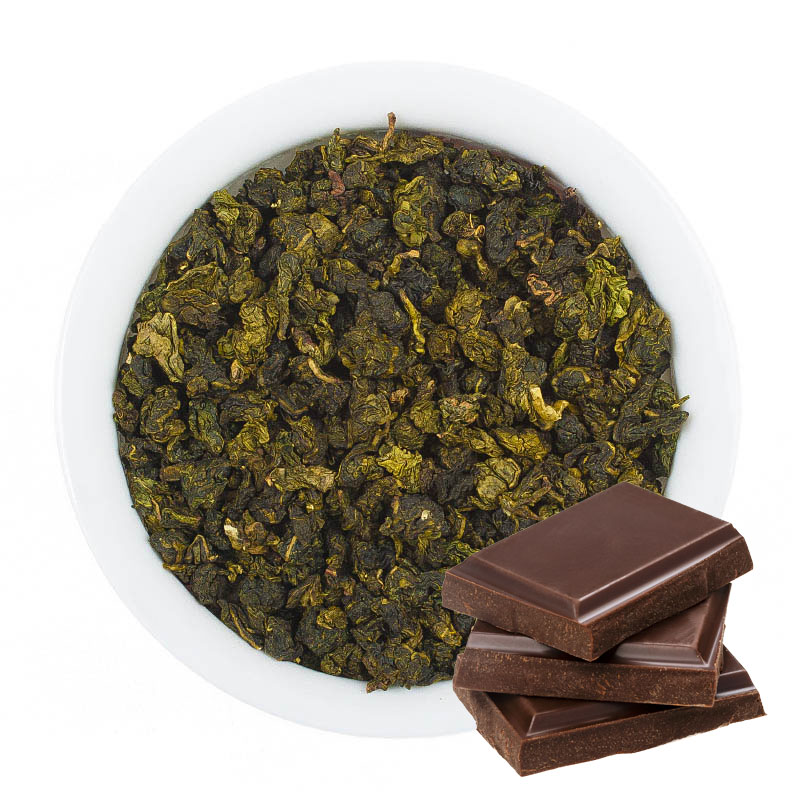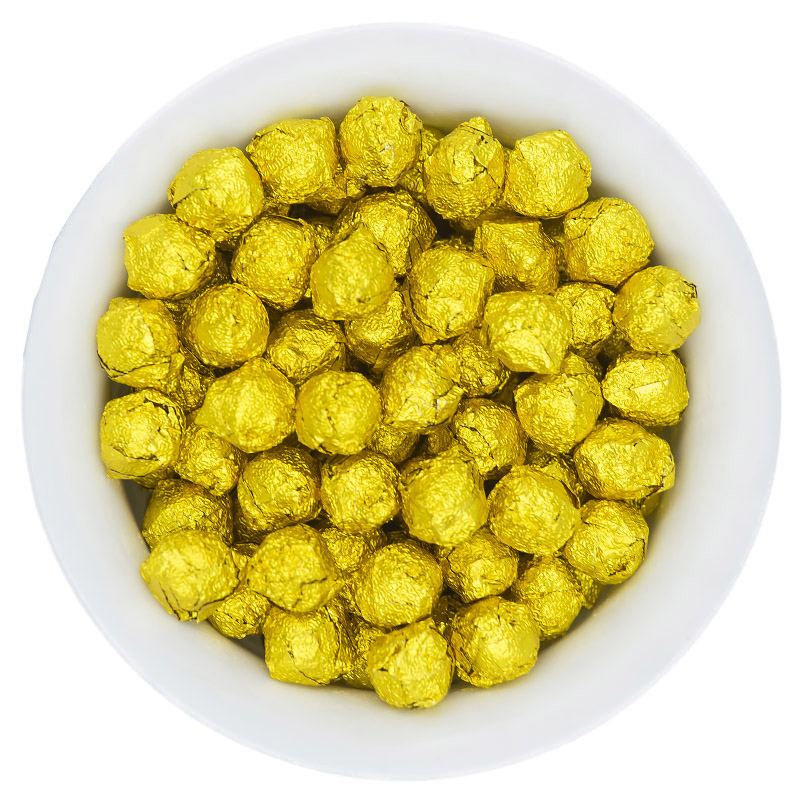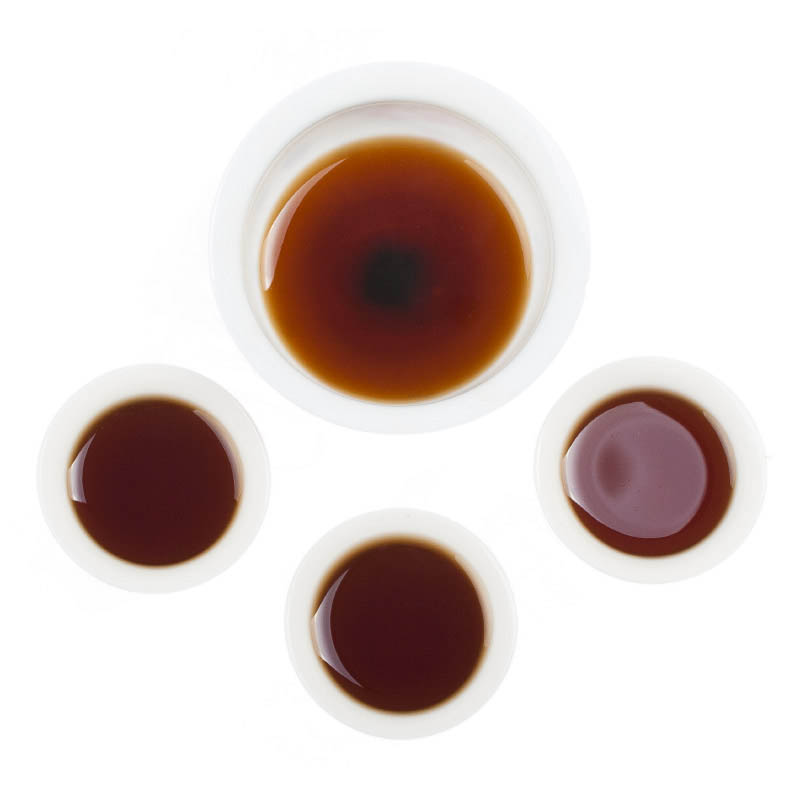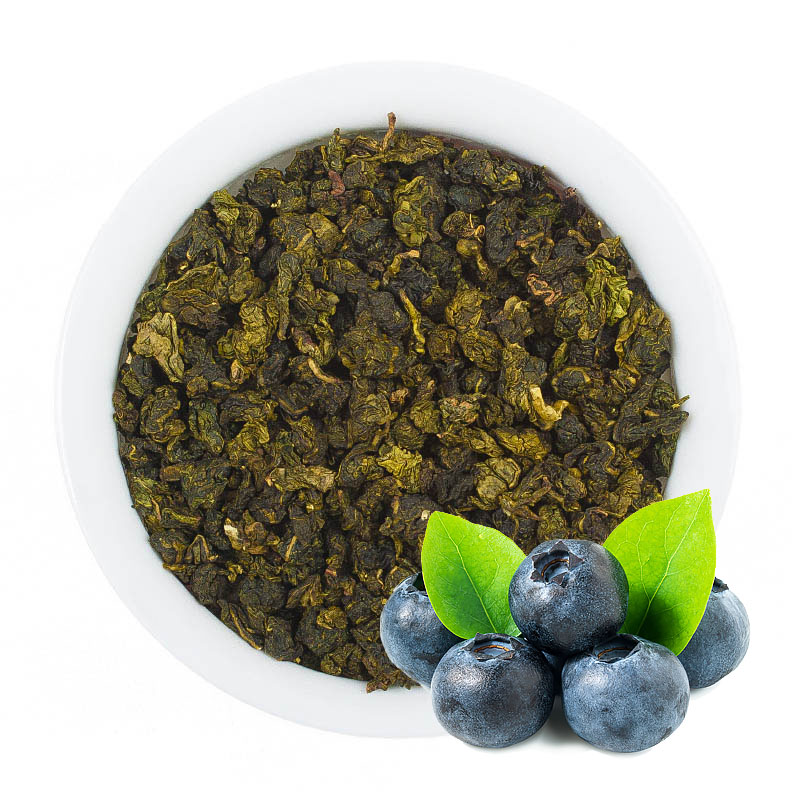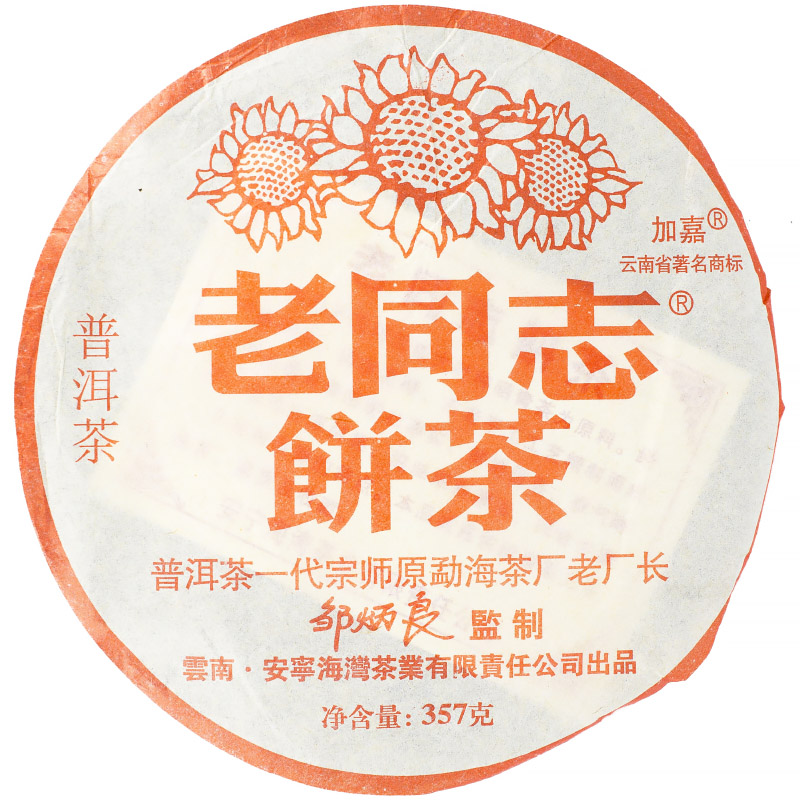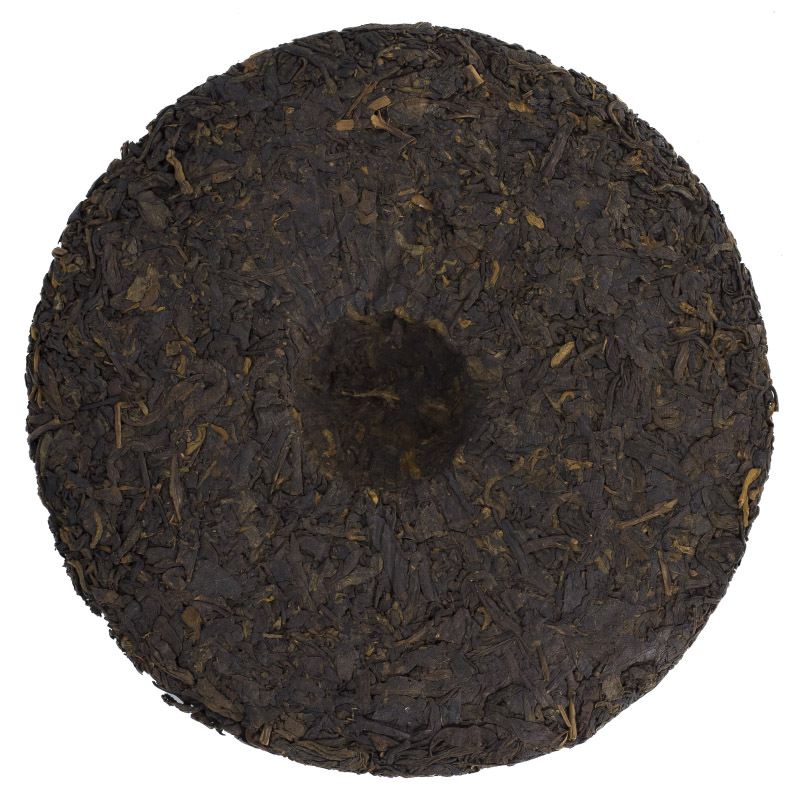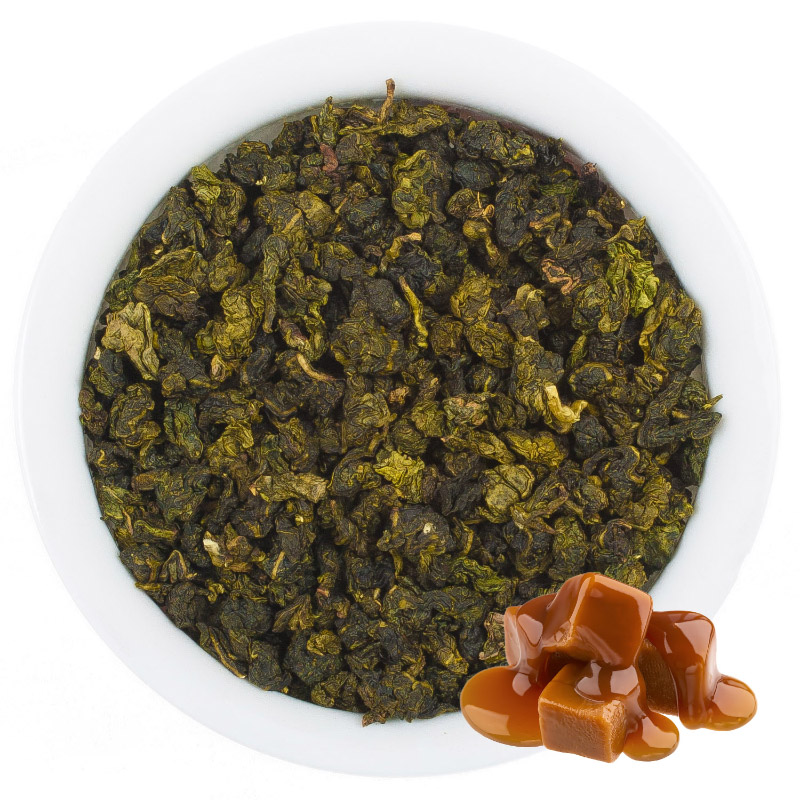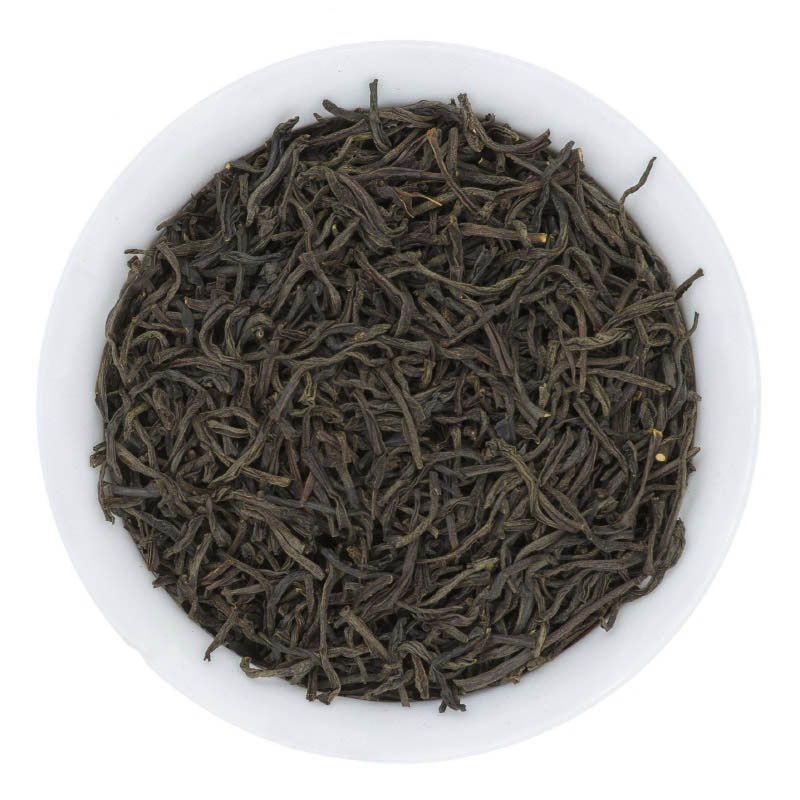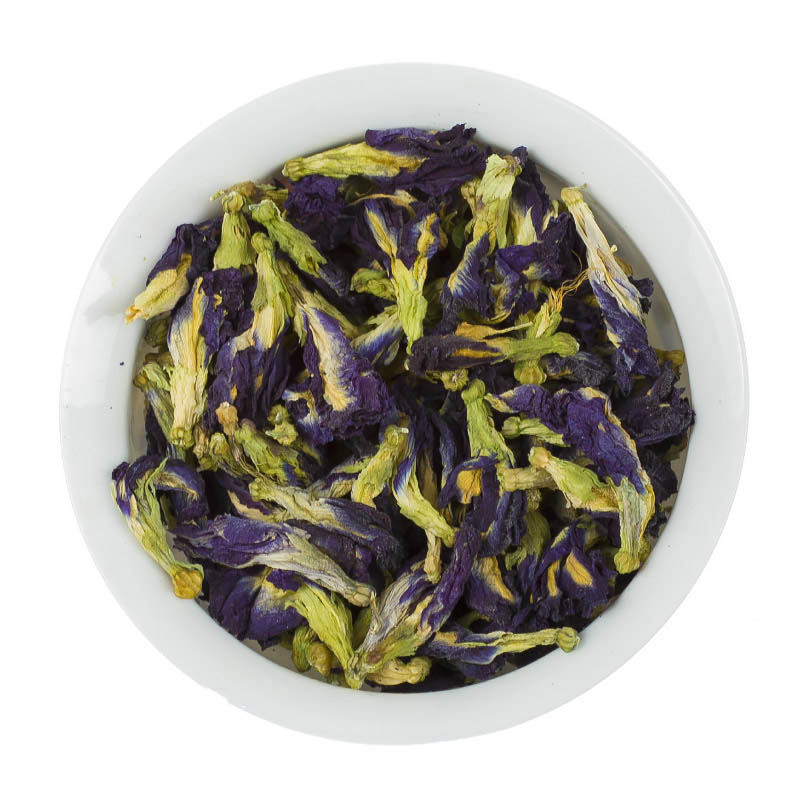Contents
- The Effects of Green Tea on the Human Body
- Black Tea and Its Role in the Body
- White Tea in a Healthy Diet
- Yellow Tea and Its Impact During High Mental Load
The role of tea in a healthy diet cannot be overstated. A proper diet is hard to imagine without beverages, and tea is no exception. People drink it to relax, nourish the body with beneficial substances, or feel invigorated. Each type and variety of tea has its own distinctive features that benefit human health.
The stimulating properties of tea are due to the presence of a large amount of theine — or tea caffeine — in the leaves. Its effect is milder than that of regular caffeine: it doesn’t raise blood pressure but still effectively energizes the body. The younger the tea leaves, the more theine they contain. That’s why a cup of tea made from young leaves is a good alternative to coffee in the morning.
In addition to theine, tea contains many other valuable nutrients: micro- and macroelements, and epigallocatechin gallate — a compound known for helping prevent cancer. This compound is present in some types of green tea that are uncommon in Europe but are integral to tea ceremonies in China and Japan.
The Effects of Green Tea on the Human Body
Green tea promotes weight loss and thereby supports health. It works well with weight-loss diets because it:
- Speeds up metabolism, helping the body fully absorb nutrients and quickly eliminate waste without fat accumulation.
- Acts as a diuretic, removing excess fluid and reducing swelling, especially when consumed with milk.
- Enhances heat exchange thanks to polyphenols, accelerating fat burning.
- Suppresses hunger for a long time. Experts recommend drinking a cup of green tea about 30 minutes before a meal to reduce appetite.
But supporting weight loss isn’t the only benefit of green tea. It’s often called the elixir of youth due to the antioxidants that slow down aging. Additionally, it:
- strengthens the cardiovascular system,
- supports healthy digestion,
- helps normalize blood pressure,
- reduces inflammation in the body.
And of course, green tea helps boost immunity.
Black Tea and Its Role in the Body
This is the most common tea in Europe, not necessarily for connoisseurs, although high-quality black tea has an excellent taste. It has an energizing effect, as one cup contains about as much theine as half a cup of mild coffee. Additionally, it:
- increases stamina,
- lowers cholesterol levels,
- reduces the risk of stroke.
Pu-erh teas offer a similar effect. They also energize, fight fatigue, and enhance mental performance.
White Tea in a Healthy Diet
This tea is made from young leaves and buds of the tea plant. It undergoes minimal processing, which helps preserve most of the natural nutrients. White tea is a great addition to a healthy diet because it:
- boosts immunity — a crucial benefit when following strict diets,
- reduces cholesterol levels,
- helps prevent the development of cancer,
- improves glucose tolerance and absorption,
- lowers the risk of type 2 diabetes.
Additionally, white tea benefits the cardiovascular system by strengthening arterial walls, helping to prevent strokes.
Yellow Tea and Its Impact During High Mental Load
This tea contains compounds that enhance cognitive function. During periods of intense mental work, nutritionists recommend not only brain-friendly foods but also yellow tea.
Today, yellow tea is widely available, although it was once a luxury enjoyed only by nobility. Now anyone can access its valuable health benefits. Its effects include:
- general toning, stronger than that of other tea types,
- improved mental focus and attention,
- relief from headaches.
Just one cup a day is enough to restore energy and boost performance. At first, its taste may seem bitter or smoky, but it’s easy to get used to — especially given how beneficial it is for the body.
In conclusion, no matter how good your diet is — whether for weight loss or overall wellness — it won't be complete without tea. The key is choosing the variety that best suits your lifestyle and health needs.

